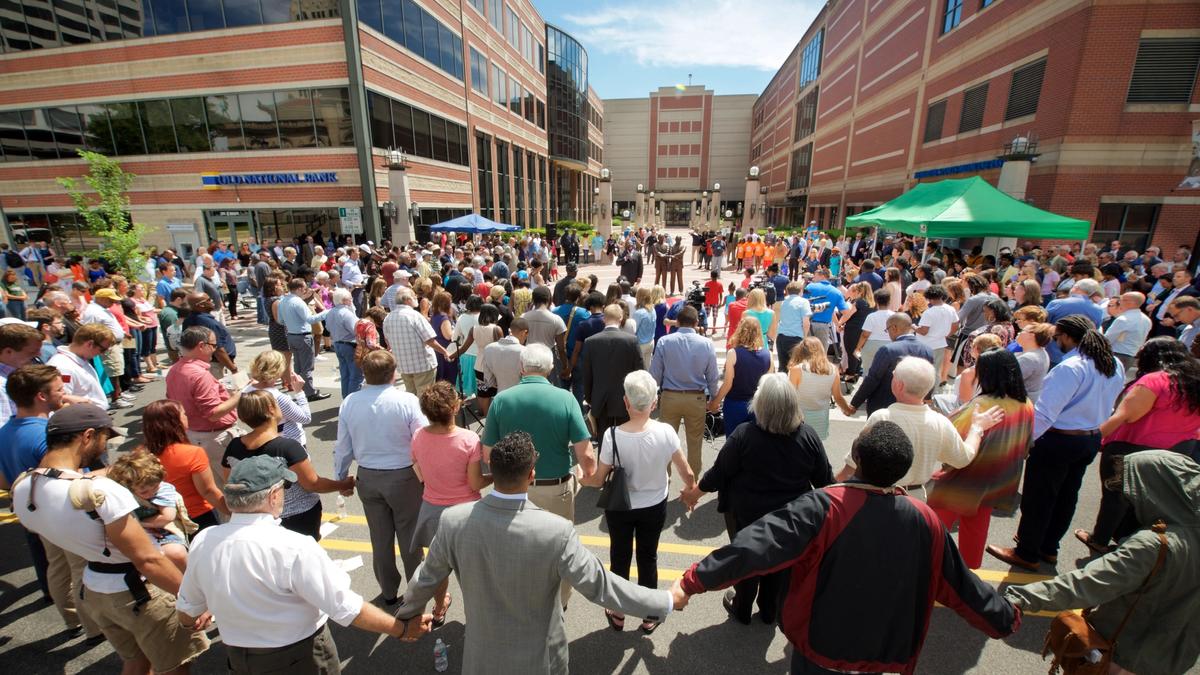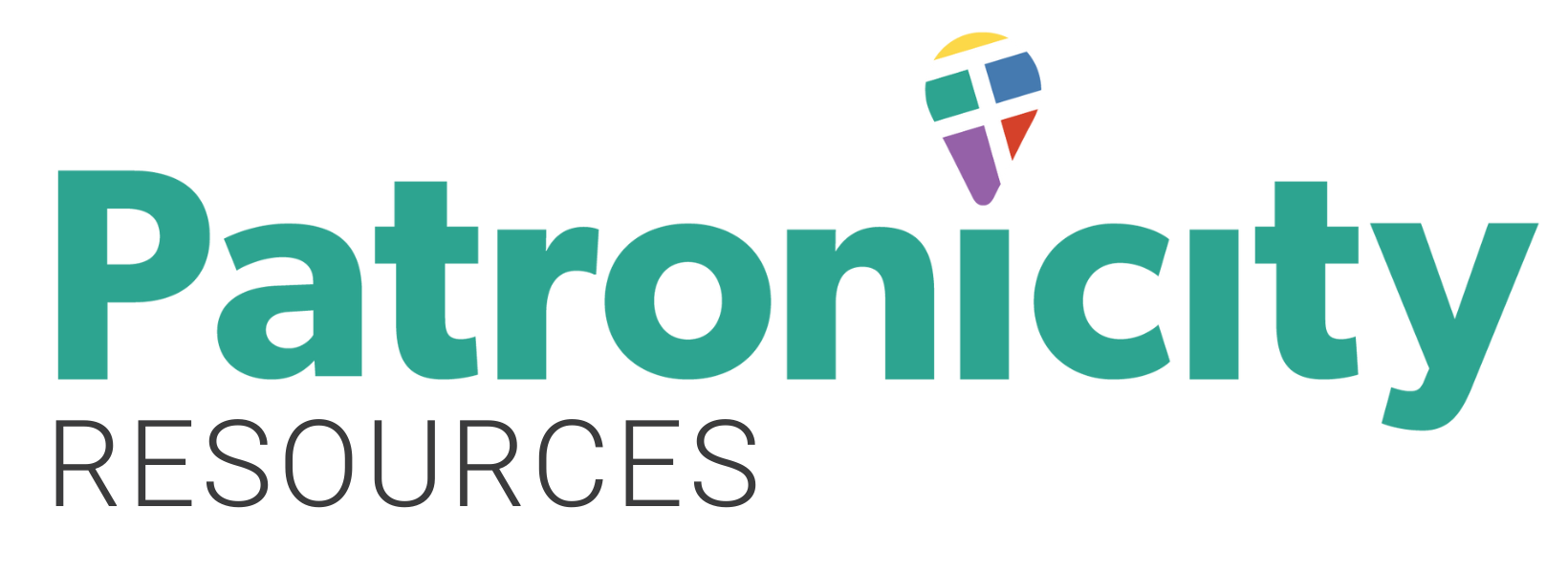
How Leveraging the Economics of Relationships Can Empower Placemaking
Funding tools, like crowdfunding, have democratized individual giving and turned personal networks into powerful economic engines.
Read recent business news and you’ll see that social norms are challenging corporate systems. Some companies adapt to new cultural or sociopolitical trends, and some don’t. For example, Gillette’s recent commercial addressed toxic masculinity head-on, resulting in a lot of controversy and press. With the campaign, Gillette veered away from product marketing and instead inserted the brand in a larger social discourse that engaged consumers more emotionally. The risky move may have ostracized some, but it also connected the brand to a large social group in a much deeper and more meaningful way.
As America moves from a manufacturing economy into a more service-oriented economy, consumers have choices, and, as a collective, they have more power than ever before. And that power can be quite disruptive.
Individual networks exert a huge influence on how money is spent, building an economy driven by relationships. Social networks and technology allow consumers to quickly judge the value of an investment based on personal connection, beliefs and the experience of their peers. And funding tools, like crowdfunding, have democratized individual giving and turned personal networks into powerful economic engines.
So, how can these social networks impact civic placemaking projects?
In this economy of relationships, community leaders engaged in placemaking projects no longer have to rely on the traditional granting process or compete for grant dollars to get funding. Instead, they can harness the power of a crowd and combine it with the power of a grant to create “crowdgranting.” This allows them to actively engage their communities to support their mission and removes the sometimes arduous and antiquated granting process by asking consumers to directly (and literally) buy-in. Consumers choose to invest in their local communities through crowdgranting not only because it is quick and easy (you can do it on the phone) and because it makes them feel good and directly impacts their neighborhood or community.
Patronicity empowers community leaders to reach their networks through our crowdgranting platform and provides an online space for stakeholders to directly shape their physical community space. Consider this: Are you more likely to visit a space you helped fund? Human behavior tells us yes! When individuals feel connected and exercise their influence, they are more invested, and not just monetarily.
Community leaders are wise to leverage the economics of relationships to build spaces that reflect the social and cultural norms of their constituents, empowering them as contributors, consumers, and neighbors.

